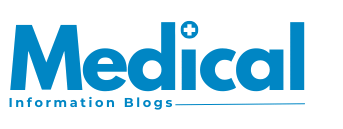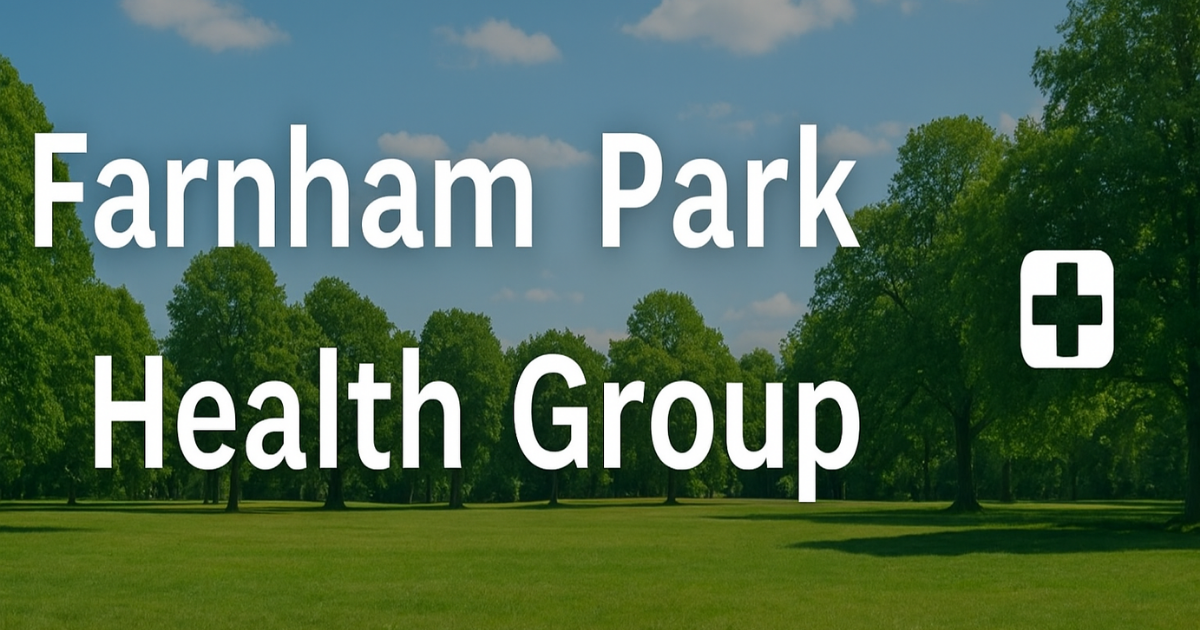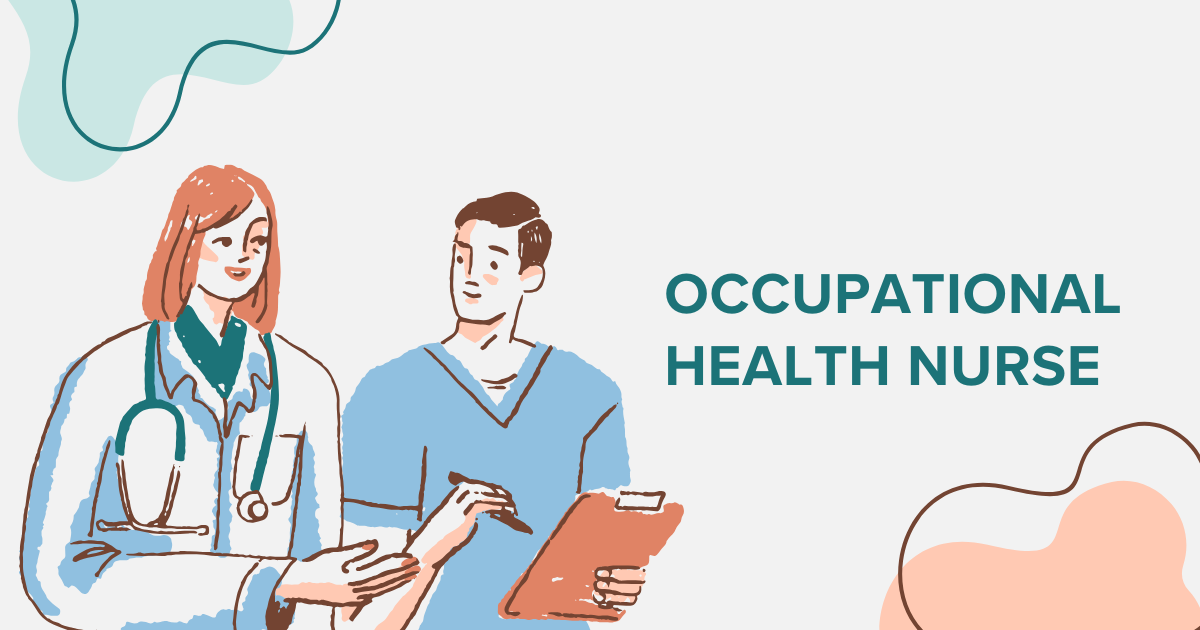What Not to Say to Occupational Health in the UK – A Complete Guide
Occupational health (OH) assessments are common in UK workplaces, particularly when an employer needs to understand how a health condition affects your ability to work. These assessments are not disciplinary meetings, but they can influence workplace adjustments, sick leave decisions, and even long-term employment outcomes.
If you are attending an OH meeting, it’s essential to know what not to say to occupational health UK professionals. This article will help you avoid common mistakes, communicate effectively, and protect your interests during the process.
1. Avoid Downplaying Your Symptoms
One of the most common mistakes employees make is underplaying the severity of their condition. If you minimise your symptoms, the assessor may conclude that you do not need workplace adjustments or further medical support.
Be honest about how your health impacts your work, even on bad days. This information is crucial for ensuring accurate recommendations and preventing unrealistic expectations from your employer.
2. Don’t Exaggerate Your Condition
While honesty is important, exaggerating your symptoms can damage credibility. Occupational health professionals are trained to identify inconsistencies, and any exaggeration could undermine your entire case.
Stick to factual, specific examples. For instance, instead of saying, “I can never work,” you might explain, “I can manage four hours of desk work before pain increases significantly.”
3. Avoid Saying You Hate Your Job
Expressing dislike for your role, manager, or company during an OH assessment can shift the focus from your health to workplace conflict. This may reduce the seriousness of your health concerns in the eyes of the assessor.
If work-related stress is part of the problem, explain the specific triggers and how they affect your health, rather than making sweeping negative statements about your job.
4. Don’t Promise You’ll Be Back Sooner Than Realistic
Some employees, worried about job security, promise a quick return even if recovery will take longer. This can backfire when your health doesn’t improve as quickly as stated.
Be realistic about timelines and recovery expectations. It’s better to say you’re following medical advice and can’t give an exact date than to make commitments you can’t keep.
5. Avoid Refusing to Answer Relevant Questions
You are not legally obligated to share every detail of your medical history, but outright refusing to answer reasonable, work-related questions can be seen as uncooperative.
If you are uncomfortable, you can ask why the information is needed or request that it be shared only with your consent. This approach maintains your rights while ensuring cooperation.
6. Don’t Guess – If You Don’t Know, Say So
If you are unsure about a medical term, treatment plan, or prognosis, it’s okay to admit you don’t know. Guessing or giving inaccurate information can lead to inappropriate recommendations.
You can always let the OH professional know that you will confirm details with your GP and provide accurate information later.
7. Avoid Blaming Colleagues Directly
If interpersonal issues contribute to your stress, avoid personally attacking colleagues during the assessment. This can make the meeting appear more about workplace disputes than health concerns.
Instead, describe the situation factually and focus on how it affects your health and ability to work.
8. Don’t Say You Don’t Need Adjustments If You Do
Some employees feel guilty about requesting workplace adjustments, but saying you don’t need help when you do can harm your recovery and job performance.
If adjustments such as flexible hours, ergonomic equipment, or remote work would help, mention them clearly. OH reports often guide employers in making these changes.
9. Avoid Saying “My GP Told Me I’m Fine” If You’re Still Struggling
Even if your GP thinks you can return to work, it’s important to share ongoing symptoms with occupational health. Your GP’s opinion is valuable, but OH needs a full picture to make tailored recommendations.
You can clarify that while your GP is optimistic, you are still experiencing specific challenges that may need workplace support.
10. Don’t Treat the Meeting as a Battle
Some employees approach OH assessments defensively, expecting confrontation. In reality, OH is there to assess, not to judge. Being overly defensive can make it harder to have a constructive conversation.
Instead, approach the meeting as a collaborative opportunity to find workable solutions for both you and your employer.
Final Thoughts
Understanding what not to say to occupational health UK is as important as knowing what to say. The goal is to provide accurate, relevant information so that your workplace can make reasonable adjustments and support your health.
By avoiding exaggeration, negativity, and unrealistic promises, you can ensure that the assessment works in your favour. Always remember—occupational health is there to help create a work environment that allows you to perform at your best while protecting your well-being.





